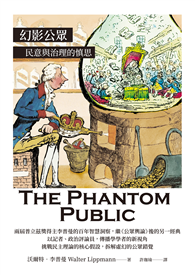This book explores the universal human existential trauma of "original loss," a trauma the author describes as arising from our primal, human evolutionary loss of experiencing ourselves as innately belonging to, and instinctively at home within, the larger natural world.
In this trauma arose our existential awareness of impermanence and mortality along with the need to mourn that loss in order to create a sense of belonging and identity. The book describes how the invention of art and group ritual became the collective ways we mourn our shared existential loss. It describes as well how it is the art within the psychoanalytic practice that enables both patient and analyst to grieve their individual versions of our shared original loss. Drawing on the work of Winnicott, Loewald and Ogden, as well as art theory and religion, this book offers a new perspective on the intersection of metaphorical artistic thinking and psychoanalysis.
This book will appeal to psychoanalysts, psychotherapists, and scholars of poetic, visual and muscial metaphor, creativity, evolution and history of art.











